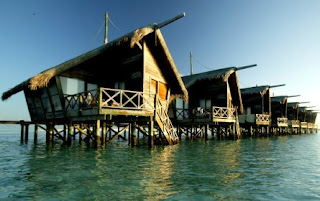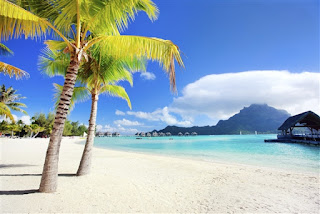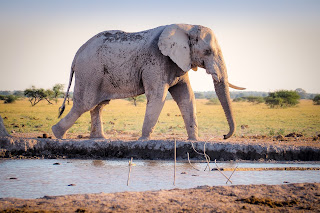Picture it: A private villa stands over crystal blue water; days finish with orange sunsets that make you hungry for local citrus; gourmet room service and a masseuse are on call to avoid any unnecessary trips from your porch; and the only thing to make you want to leave is the breathtaking coral reef and underwater creatures that demand a scuba session for a proper introduction. This is the Maldives.
If you don't want that clichéCaribbean beach getaway (The Bahamas) or that trendy South Pacific retreat (See Bora Bora), you should venture to the Maldives. However, getting to and staying in this tropical paradise requires patience (i.e. no direct flights from the states) and plentiful cash. Located between the Arabian and Laccadive seas, roughly 500 miles southwest of Sri Lanka, the Maldives is about as isolated as you can get (or would ever want, anyway). And while the country's government and economy has recently been in flux, the sublime nature of this paradise has stayed constant in the dreams of travelers.
How To Save Money in Maldives
- Choose Flights WiselyAirfare from the States is incredibly expensive and one of the key reasons why the Maldives has not become an American tourist hotspot. If you can pair a vacation here with one in the Middle East or Europe (where you can catch a direct flight), the cost will be less ludicrous.
- Pick Accommodations Carefully"Budget" accommodations don't exist here; even the low-end hotels are sumptuous and advertise hefty price tags. So avoid the most expensive properties because food, drinks, and excursions there will also cost an arm and leg.
- Consider All-Inclusive PackagesRates that include airfare, hotel stay, and meals may be your easiest and cheapest bet.








